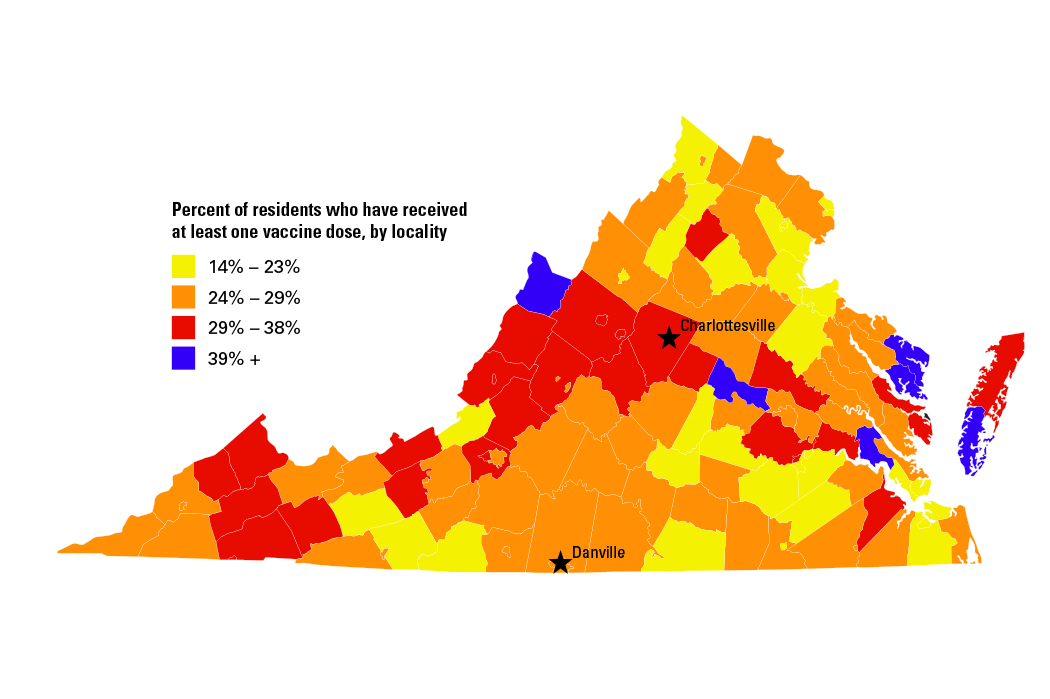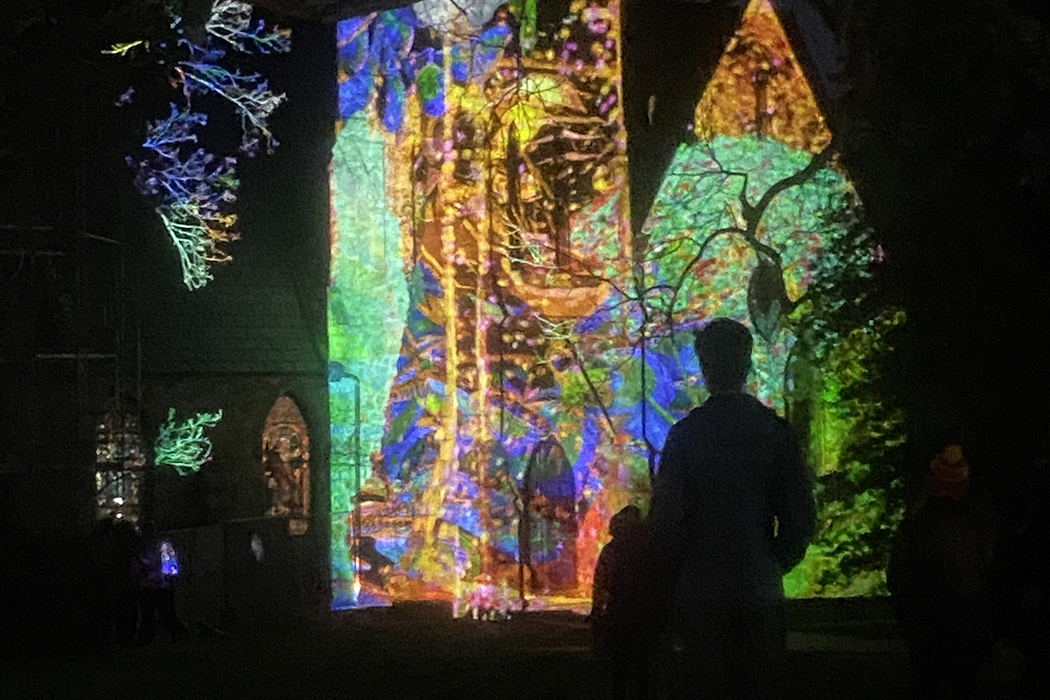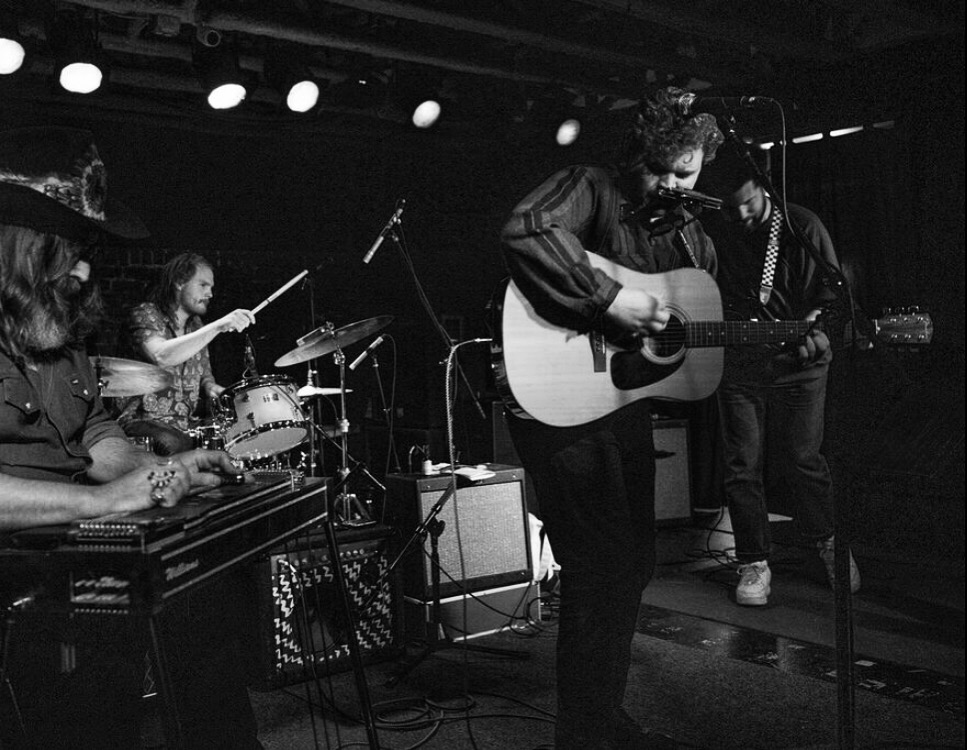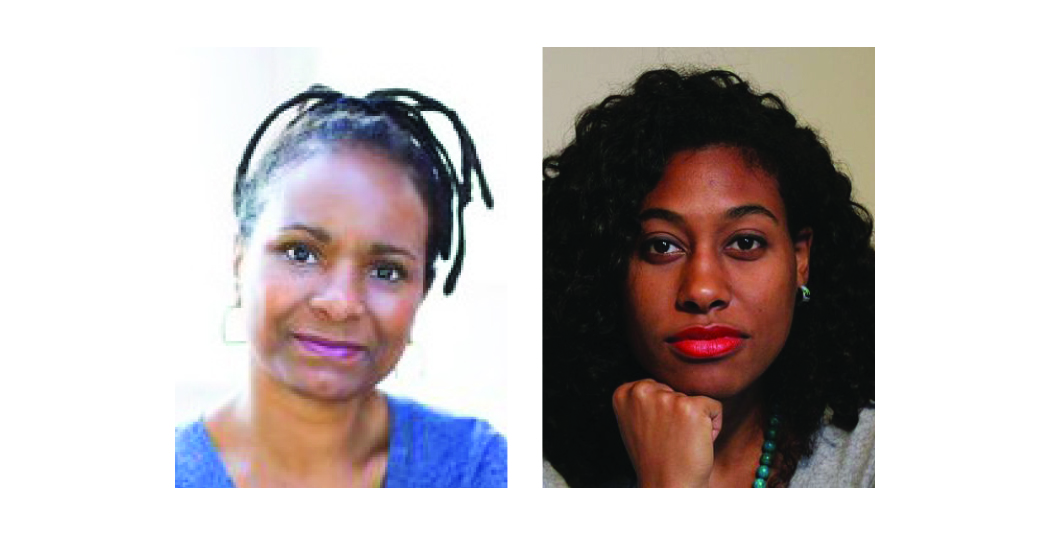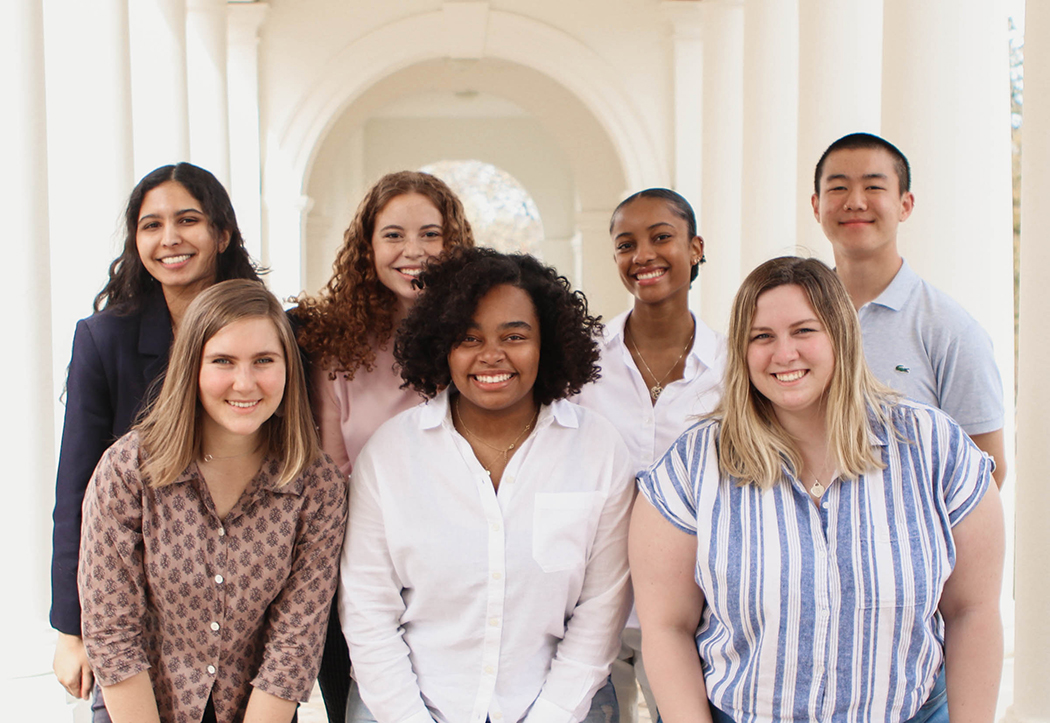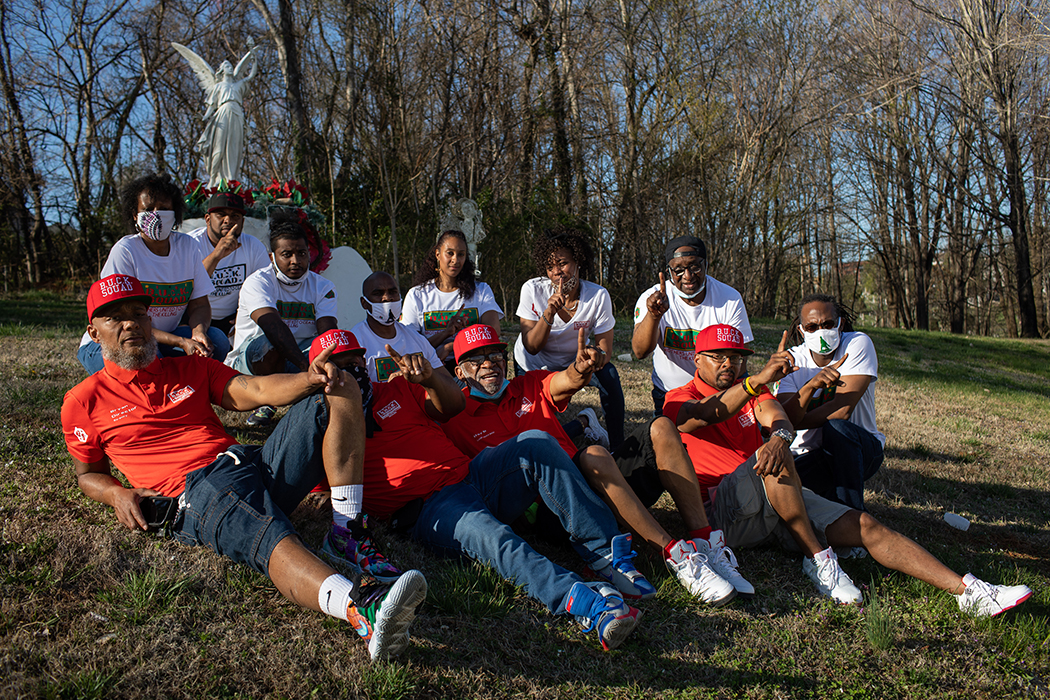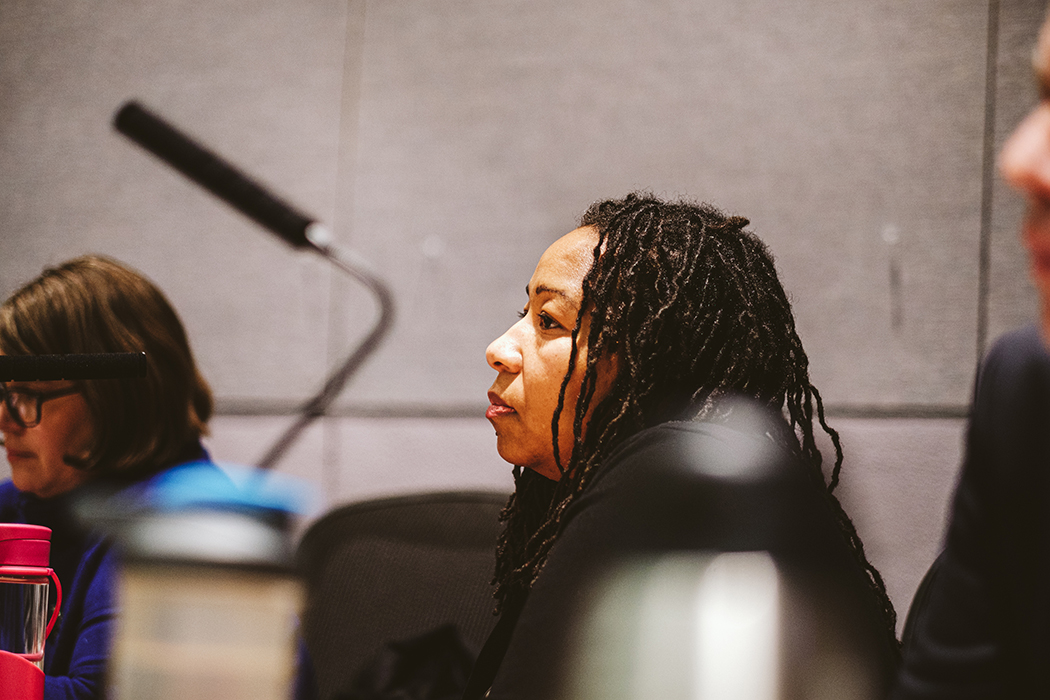By Emily Hamilton
Early last week, UVA first-year Reese Alpher heard she could get a coronavirus vaccine if she drove two hours south to a community vaccination center in Danville—so she jumped at the chance.
“When I went, the word was that [the shots] were getting thrown out and that there were too many vaccines just for Danville, and it was for surrounding areas,” Alpher says. “When I got there, there was no one in line.”
Alpher says she walked up without an appointment and got a shot in less than 20 minutes.
Word of vaccine availability in Danville soon spread like wildfire through the UVA student body. Alpher was one of more than 700 students added to a GroupMe chat called Get Vaccinated UVA, where students were sharing information about how to get a shot in Danville. In the early part of last week, dozens if not hundreds of students caravaned south to get their shots.
Shortly after, however, the Virginia Department of Health issued guidance urging residents not to travel to community vaccination centers without an appointment or invitation, and the Danville center stopped accepting walk-ups.
The Danville center initially opened on March 15 at the former JCPenney store in the Danville Mall, with a goal of administering 3,000 vaccine doses per day. The center was started with FEMA funding that allowed for three community vaccination centers to open across the state. Danville, a smaller and more rural town than Charlottesville, was selected as a location due to its relatively high proportion of vulnerable residents.
An announcement about the opening of the Danville Community Vaccination Center originally stated that vaccines would be administered only to those with an appointment, and that walk-ins would not be accepted. But word spread quickly among UVA students that traveling to Danville without an appointment would still get them a vaccine.
After state health officials became aware that many UVA students, who reside in the Blue Ridge Health District, were going to Danville’s health district to receive their vaccines, VDH and The Virginia Department of Emergency Management issued a press release urging people not to travel to community vaccination centers without an appointment, and effectively ending walk-in vaccinations.
“Fluctuating registration numbers in the initial stages of site operations have allowed for walk-ins in some isolated instances, but this is no longer the case,” the press release read.
Dena Potter, director of communications at the Virginia Department of General Services, leads vaccine communications for the state, and clarified the miscommunication surrounding unused vaccines at the Danville site. “When we opened the Danville CVC, it was the first in the state, and we allocated 3,000 doses per day for that site,” Potter says. “We went into this knowing we needed to be flexible and learn from each location, and we built in the capacity to scale up or down, as needed. We learned that 3,000 doses per day outpaces the current demand in Danville.”
“As we were working through that strategy, the clinic opened temporarily to walk-ins so that we could continue to vaccinate people,” Potter says. “We now have stopped that, and we urge people not to travel to Danville to get a vaccine.”
According to the Virginia Department of Health, 27.4 percent of Virginians have received at least one dose of the vaccine and 14.7 percent of Virginians are fully vaccinated. In Charlottesville and Albemarle, 83,187 total vaccine doses have been administered, while in Pittsylvania County, where Danville is located, 23,554 vaccine doses have been administered. Charlottesville is currently in Phase 1B of vaccination rollout, and the Danville area is in Phase 1C.
After guidance was issued urging others not to travel to Danville to get the vaccine, some Charlottesville residents who had already done so reached out to the Blue Ridge Health District to see if they could receive their second dose here in Charlottesville.
At a BRHD press conference on March 25, local officials said they are unable to give second doses to those who received their first dose in a different locality.
“We’ve heard of a lot of different community members and students driving down to Danville to get their first dose of the vaccine, and we’ve also heard from folks who are requesting that they can get their second dose here in Charlottesville,” said Kathryn Goodman, the Blue Ridge Health District public relations and communications manager.
“We want people to be vaccinated, and we understand that it’s hard to be patient and wait for the vaccine supply to increase in the health district,” Goodman said. “But given the limited vaccine supply, we are unable to provide second doses for individuals who are going to these larger vaccination centers.”
